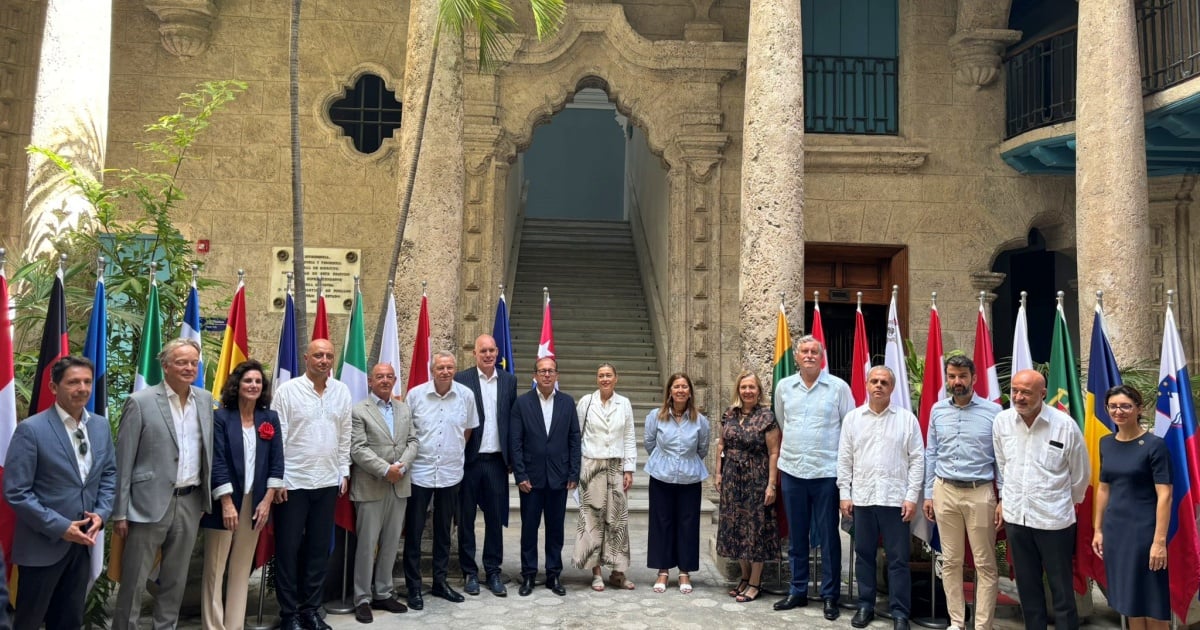The Dutch Minister of Foreign Affairs, Caspar Veldkamp, has suggested the closure of the Netherlands' embassy in Havana, alongside other diplomatic missions, as part of a budget reduction strategy. This proposal was officially communicated to the President of the Dutch House of Representatives on April 17.
Diplomatic Closures as Part of Budget Reduction
The plan to shut down the embassy in Cuba is part of a broader initiative aimed at slashing 10% of the funding allocated to embassies, consulates general, and other Dutch international representations. Veldkamp announced his intention to close five embassies: in Bujumbura (Burundi), Havana (Cuba), Juba (South Sudan), Tripoli (Libya), and Yangon (Myanmar), as well as two consulates general in Antwerp (Belgium) and Rio de Janeiro (Brazil).
"These closures will significantly contribute to the necessary expenditure cuts across our network of missions," the foreign minister explained. In a subsequent phase, the potential closure of four additional offices is under consideration, based on geopolitical and economic factors.
Evaluating the Strategic Importance of Embassies
Although some diplomatic missions will be shut down, Veldkamp mentioned the possibility of establishing new ones, such as in Syria, depending on the evolving situation in that country. The decision-making process took into account numerous factors, including Dutch interests in each nation, available "operational leeway," and operational costs.
Specifically regarding Havana, Yangon, and Tripoli, the efficacy of maintaining diplomatic presence was questioned. Evaluated aspects included bilateral relations, security, trade, international development, consular services, and each mission's unique characteristics. The plan is expected to result in structural savings of approximately 25 million euros.
Moreover, reducing staff numbers at other embassies and consulates is being considered to safeguard Dutch interests within the austerity framework. As of April 19, the Netherlands Embassy in Cuba has not made any official announcements on social media platforms like X or Facebook regarding the potential closure.
Netherlands' Embassy: A Supporter of Cuban Civil Society
In recent years, the Dutch embassy in Havana has been notably active in promoting Cuban civil society, backing activists, independent journalists, and countercultural artistic initiatives. The embassy has provided funding for exhibitions, theater productions, conferences, and films, particularly through the Go Cuba Cinema program.
Additionally, it has supported projects focused on topics like gender violence, circular agriculture, water management, cycling, music, ecology, and literature. Recently, perhaps as a farewell gesture, the embassy's chargé d'affaires welcomed European counterparts on the island to introduce activities planned for Europe's Month in Cuba.
FAQs on the Netherlands' Embassy Closure in Havana
Why is the Netherlands considering closing its embassy in Havana?
The closure is part of a broader Dutch initiative to reduce international representation budgets by 10%, aiming to cut costs while evaluating the strategic importance of each mission.
How will the closure affect Dutch interests in Cuba?
The impact is being assessed based on factors such as bilateral relations, security, trade, and the specifics of the mission in Havana. The decision aims to balance austerity with protecting Dutch interests.
Will the Netherlands open new embassies despite closures?
Yes, the Netherlands is considering opening new diplomatic missions, such as in Syria, depending on geopolitical developments and strategic needs.
